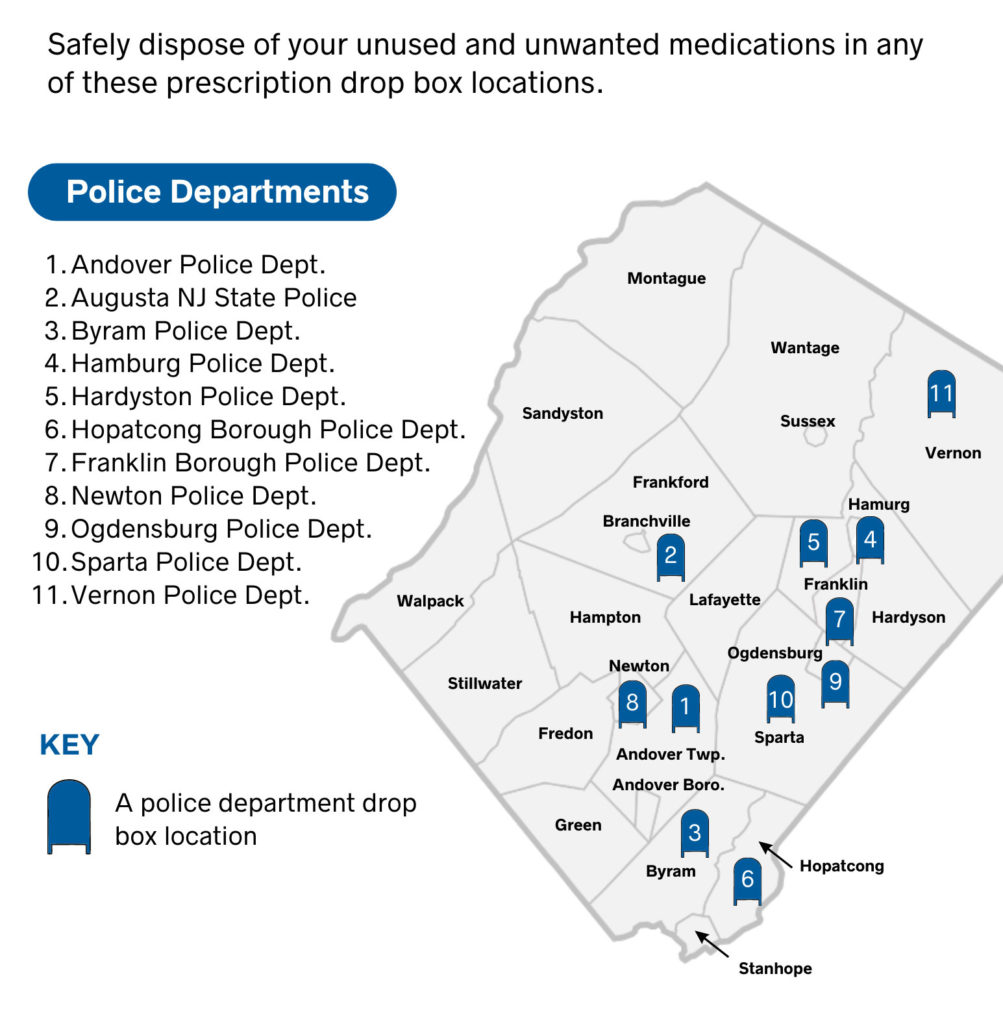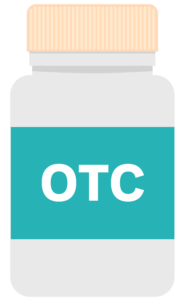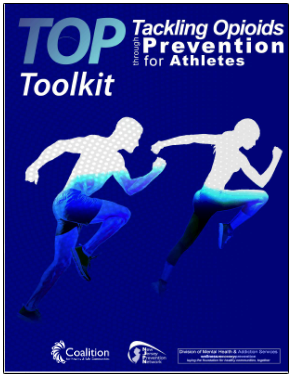Best Practices for OTC Medicine
Read and know the drug facts label.
Every over-the-counter medicine in the United States has a Drug Facts label. The Drug Facts label helps you understand how medicines can help you and how to take them safely.
Use medicine responsibly and in the correct dosage. Always ask a trusted adult.
Using the correct dose of medicine is a science — too little won’t be effective, and too much could be harmful. Accuracy is important when it comes to taking medicine, or when you’re giving medicine to family members. This is the most exact way to measure your dose.
Store OTC medicine safely.
Medicine safety is not just about following directions, it’s also about safe storage. Young children are naturally curious. That is why medicines should always be stored up, away, and out of sight and reach of kids.
Safe disposal of medicines is important as well. When cleaning out medicine cabinets, follow the FDA’s guidelines for safe disposal of medicines.
An educational program designed to teach students how to use, store, and dispose of over-the-counter (OTC) medicines safely.
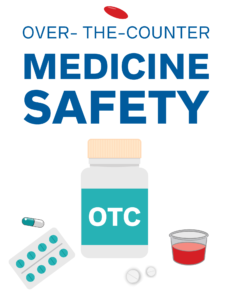
What’s the Difference Between Over-the-Counter and Prescription Medication?
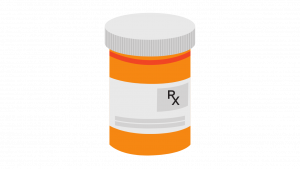
Prescription Medication (Rx)
- Prescribed by a doctor for one person
- Bought at a pharmacy and dispensed by a pharmacist
- Used by only one person in a family– the person it's prescribed for

Over-the-Counter (OTC)
- Can buy without a doctor’s prescription
- Bought off the shelf in store or pharmacy aisles
- May be used by more than one person in a family for the same symptom or problem
Tackling Opioids through Prevention for Athletes (TOP) toolkit provides key information to school administrators and communities to support best practices for student athletes in an effort to reduce the use and misuse of prescription opioids.
Medicines should be put into a sealed bag (e.g., Ziploc) and mixed together with a substance people wouldn’t want to eat (e.g., cat litter) before being dropped off.
Unsure what location is closets to you? Check out your local drop box locations in both English and Spanish.
